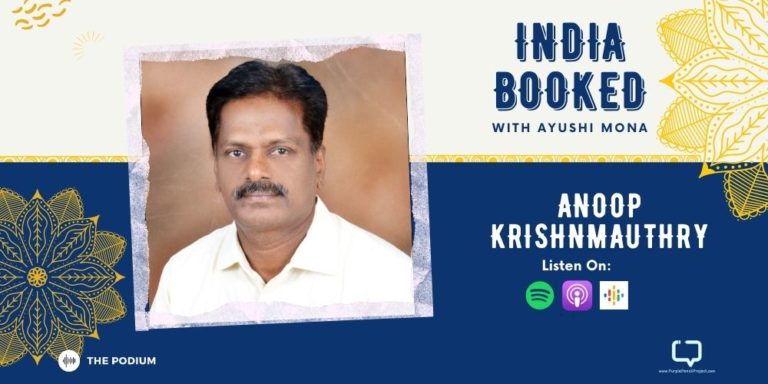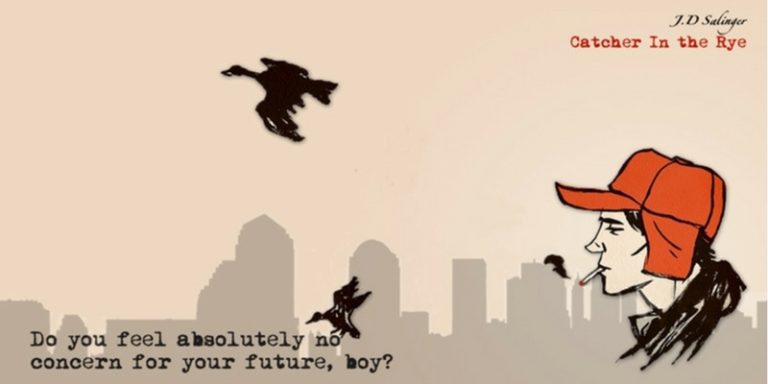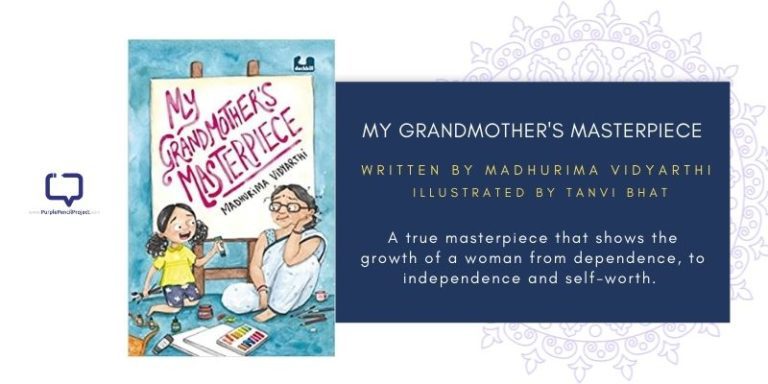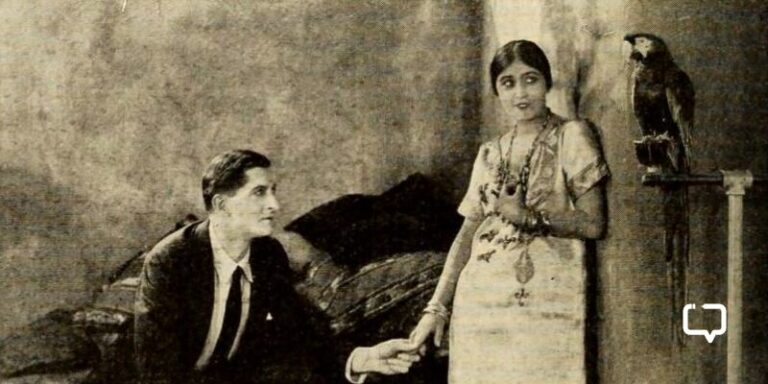 Sometime last year, I started painting again. Seeing my art teacher in his element, oblivious to all distractions, I wrote a short story about the lengths an artist goes to perfect his craft. This expanded into a chapbook about the extremes of artistic expression.
Sometime last year, I started painting again. Seeing my art teacher in his element, oblivious to all distractions, I wrote a short story about the lengths an artist goes to perfect his craft. This expanded into a chapbook about the extremes of artistic expression.
That project, as projects are wont to do, is gathering dust.
But obsession is a fascinating study. The extremes of the human mind have intrigued us forever. We look at odd places to search for these elusive answers; in the pot, in science and above all, in literature.
We encourage you to buy books from a local bookstore. If that is not possible, please use the links on the page and support us. Thank you.
Stefan Zweig’s book is a collection of five such stories, the take, what one may define as love, interest, hobby and distraction, to dizzying heights, where the mind loses ‘the structure’ of its faculties and battles with the two worlds; one in the head, and the one out of it.
In the titular story, a chess champion is discovered by chance in a tiny village by a boy so daft he is not fit for even manual labour. With a remarkably one-track mind, he soon becomes the arrogant champion of the world. He meets his match on a cruise ship, with a stranger whose story forms the thrilling ‘middle’. Here’s a man who was caught and questioned by the Nazis, and who, to beat the isolation he was in, begins to read a rather drab book about chess statistics. What follows is almost a year-long obsession with the game, which sees him train his mind to play both the ‘white’ and the ‘black’, effectively using one side of the brain versus another. A feverish genius, he has to give up the game after it begins to affect his sanity.
In ‘Fear’, a drama borne out of a woman’s affair, we see how we torture ourselves to suicide when living life like a lie and how sometimes, the truth is not a matter of black and white, but how much one is willing to give and receive forgiveness. As the husband hatches a plan of his own to bring his wife back to him, you are left with deep moral questions, about the nature of relationships and what makes behaviours acceptable within its paradigms.
I read this story around the time I was battling with the ‘what if’ of suicide myself. To go through Frau Wagner’s journey was to also reflect on how the confines of our rigid society can make the human experience so miserable.
‘Amok’ is the story of a doctor, whose desire for his patient pushes him to first reject help to her and then overcome by guilt, so overcome, also, by homesickness he goes to extreme lengths to help someone from the land he calls home, to ‘run amok’, or go ‘consciously crazy’ as he aides her, in and after her death, killing himself in the event. Hippocrates would’ve been proud.
As a writer, I understand many emotions. Figuring why the human mind does what it does, what dictates our most important choice – how we live our life – has fuelled stories from when the time was new. And it doesn’t take a philosopher to tell you that we may live our lives as rationally as is definable and then love takes over.
‘Letters From an Unknown Woman’ is the story of a little girl’s obsessive love for her writer-neighbour, which shapes her life, and how she lives in the knowledge of her love’s ignorance of her existence; satisfying herself with one-night stands with him, interspersed over the years, where he never recognises her, which finally results in a child. She has written the book on her own deathbed and the child’s, as is some parts everything; is cheesy, corny and unbelievable. It is the fault of the civilisation we have come to be if our most basic instinct sounds so ridiculous to us. True Love. Pffft. Or maybe it’s my failure as a human being. How one person can love another so fully, to not even reveal her own identity to him, I will never know.
My favourite story is ‘The Burning Secret’, written from the perspective of 12-year-old Edgar, who is on vacation with his mama in Semmering. Here, he begins a friendship with a young baron living in the same hotel. Just as he begins to revel in the first adult friendship of his life, it becomes clear that the baron is only using him to get to his mother. But for what? Why have these adults collided to leave him out so obviously? What is the secret of these relationships? As Edgar takes it upon himself to find out, he glimpses at life that is stripped of its innocence, fighting first with the baron and then with his mother, running away to his grandmother, eventually wishing ardently to go back to being the ignorant baby he was before he met the baron.
This story is the most complex of the lot. It tackles the myriad emotions that pre-pubescent children go through; from the Oedipus complex to the desire to be a grownup to basking in the attention showered on them when the adults get worried.
Lost in Translation
These are brilliant stories, poking and probing possibilities of the human mind and the complex relationships that affect it. Yet, it lacks a certain pulse, or a pulsating vibe, a throbbing energy which I strongly suspect has to do with language than with the author’s craft. Like in ‘Amok’, the doctor is missing his home country, “…sick with longing for Europe; if I read a novel about bright streets and white women, my fingers began to twitch.” It is this ‘twitching’ that is missing in the collection.
It is a tragedy because if the book did manage even a fraction of its on-the-edge energy, this would have been not only an intellectually stimulating but also a physically invigorating book. In a sense, it just about fails to cross the finish line.
Are any German readers of the book out there? We’d love to hear how it was to read the book in its root language.
Favourite Quotes
Amok: “He had only to tell me… naturally I couldn’t promise him anything, but one had a duty to show one was willing to help. If a man saw another in distress, then naturally it was his duty to help…”
“…but when you are young you believe fever and death happen to only other people..”
The Burning Secret: “And the strength of a passion will always be wrongly measured if it is valued for its cause and not for the excitement that precedes it.”
“He believed he understood for the first time the bare essentials about people. They needed each other, even if they seemed hostile, and it was marvellous to be loved by them.”
Fear: “It carried him along as a current takes a falling leaf, which resists, tumbling and circling and is finally swept away despite itself.”
Recommended Age Group: Above 19

As part of our effort to compensate our writers better, we at Purple Pencil Project have launched the #PayTheWriter initiative, where readers can directly show support and appreciation for our wonderful team.
Scan or upload this image on your UPI app, and show them the love 😀






















